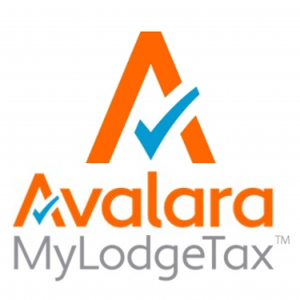No decision from San Diego City Council on short-term rentals
- Dec 13, 2017 | MyLodgeTax

After a 10-hour City Council meeting on Tuesday, short-term vacation rentals in San Diego are in exactly the same divisive legal position they’ve been in for years of debate over the issue. Such rentals have been declared illegal, but since that law is not enforced, they are also ubiquitous.
San Diego City Councilman David Alvarez, who had previously co-supported a plan with three other council members that was the least restrictive proposal on offer before the council, changed his mind and refused to vote for the plan. He also refused to vote for any other proposal. The council was unable to come up with the five votes needed to approve any measure, despite efforts to craft compromises and amendments.
The council did not name a date to revisit the issue.
For current short-term rental operators, the lack of action by the council means the status quo remains for now. However, the issue will certainly be revisited and eventually, the city will come up with new rules and regulations. Rental operators need to be prepared for what could be drastic changes in operations and more enforcement from the city.
In addition, San Diego short-term rental hosts need to be aware that the city is already paying close attention to the tax obligations of short-term rental operators — and it plans to step up its efforts.
Short-term rental operators are required to collect the city’s 10.5 transient occupancy tax from their guests and pass those revenues on to the city. For the past several years, the City Treasurer’s Office has audited Airbnb and other short-term rental listings to keep track of short-term rental hosts and collect taxes from them. The city finds hosts by checking online listings as well as through neighbor complaints. This spring, the office asked for even more auditors to help with the effort of collecting back taxes from short-term rental operators.
Currently, Airbnb automatically collects lodging tax from guests for San Diego listings, but hosts who use other platforms, such as VRBO or HomeAway, are responsible for collecting lodging taxes from guests and submitting them to the city on their own.
San Diego short-term rental hosts need to know that when it comes to lodging taxes, they’re no longer flying under the radar, and that back tax collection can also come with penalties and fines. Those not already collecting taxes should start as soon as possible to avoid being pushed into compliance.
Nearly 9,000 homeowners in San Diego rent out their properties to visitors, according to data company Host Compliance, with only 22 percent of whole homes being rented more than 90 days per year. Another 2,500 homeowners are sharing their homes with short-term renters while they are present.
When San Diego finally does come up with short-term rental rules, a green light will still be needed from the California Coastal Commission in order to allow short-term rentals in beach communities.











